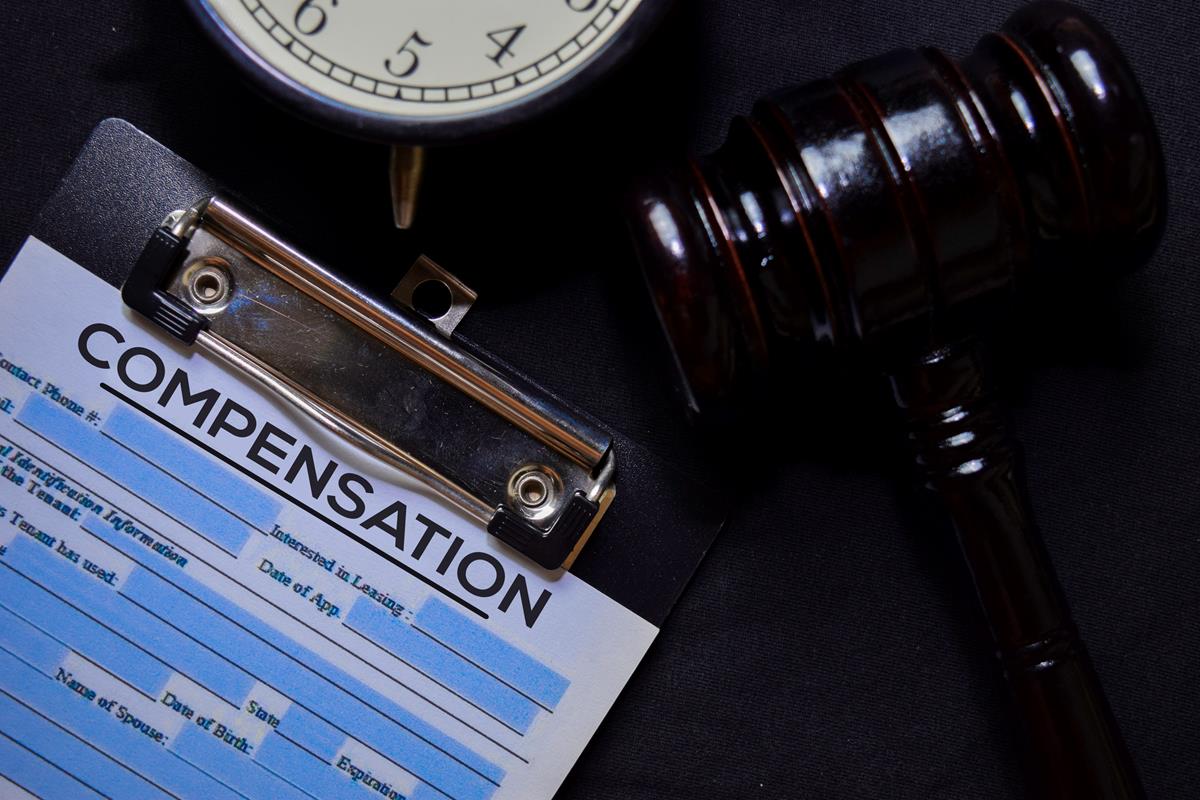Lewis Brisbois Successfully Uses WC Exclusivity Provisions Defense to Bar Bus Driver Claim Against Affiliated Company

New York, N.Y. (June 12, 2020) - Suffolk Supreme Court Justice Carmen Victoria St. George recently granted summary judgment in favor of a Lewis Brisbois transportation client in a personal injury suit brought by a bus driver. The court found that the plaintiff’s bodily injury complaint must be dismissed based on the exclusivity provisions contained in New York's Workers’ Compensation Law.
Under New York’s Workers’ Compensation Law, absent limited exceptions, an employee may not sue his or her employer for personal injury damages related to a job-related accident caused by the negligence of the employer or its employees. Rather, further to sections 11 and 29(6) of the Workers’ Compensation Law, an employee’s exclusive remedy against his or her employer is an award of workers’ compensation benefits.
“Alter Ego” Companies
While the Workers’ Compensation Law’s exclusivity provisions might seem straightforward, sometimes a worker is injured as a result of negligent conduct engaged in by an employee working for an “alter ego” company affiliated with or related to the employee’s employer. Under such a circumstance, New York precedential authority holds that not only is the employee precluded from suing his or her employer directly, but the employee is also precluded from suing the “alter ego” company of the plaintiff’s employer, since a suit against the “alter ego” company is tantamount to suing the plaintiff’s employer directly.
In New York, proof that two entities are “alter egos” of one another can be established by showing either that one entity controls the other or that the two operate as a single integrated entity. Courts examining an “alter ego” defense based on the Workers’ Compensation Law’s exclusivity provisions look for indicia of “alter ego” status between two entities, such as:
- whether both entities are insured under the same workers’ compensation insurance policy;
- whether both entities are insured under the same general liability policy of insurance;
- whether entities are owned by the identical shareholders,
- whether both entities have identical corporate directors;
- whether both entities maintain the same principal office location;
- whether both entities engage in the same work;
- whether both entities are listed as part of a combined tax return; and
- whether the employees of both entities are managed or overseen by the same persons or entity
Details of the Case
In the instant case, the plaintiff was driving for a bus company when her bus was struck by another bus being driven by an employee working for the defendant, an affiliated company of the company for whom the plaintiff was working. Along with the defendants’ summary judgment moving papers, we submitted a detailed affidavit from the principal of both companies explaining the inter-relationship and common individual ownership between the two entities, as well as many of the other factors listed above. Based largely on that detailed affidavit, Justice St. George held that the plaintiff’s personal injury lawsuit was brought against an “alter ego” company of her general employer, meaning that she was essentially suing her own employer directly. Accordingly, her complaint was dismissed under the Workers’ Compensation Law’s exclusivity provisions.
“Special” Employers/Employees
Notably, in addition to “alter ego” companies being immune from employees’ bodily injury lawsuits, a “special employer” of an employee can also utilize the protections of the Workers’ Compensation Law’s exclusivity provisions to shield itself from bodily injury lawsuits brought by a “special” employee.
Typically, a “special employee” is an employee who is transferred for a limited time to work for another employer and is under the full control of that special employer despite the fact that the general employer continues to pay the employee’s wages and related benefits. A “special employment” relationship is held to exist when the special employer controls and directs the manner, details, and ultimate result of the employee’s work. Courts examining a “special employer” defense based on the workers’ compensation exclusivity provisions look to see if most, if not all, of the following indicia of “special employment” status are present:
- where the plaintiff does not report daily to his or her general employer;
- where the plaintiff receives all work instructions and job duties from the special employer;
- where the plaintiff is supervised, directed, and controlled by the employees of the special employer each day; and
- where the special employer had the right to hire and fire the plaintiff
Takeaway
Lewis Brisbois has successfully used the Workers’ Compensation Law’s exclusivity provisions to defeat lawsuits under both the “alter ego” and “special employee” theory. In either scenario, New York’s Workers’ Compensation Law’s exclusivity provisions are an effective defense that Lewis Brisbois attorneys regularly assert, prosecute, and move for summary judgment on whenever applicable.
Author:
James M. Strauss, Partner
